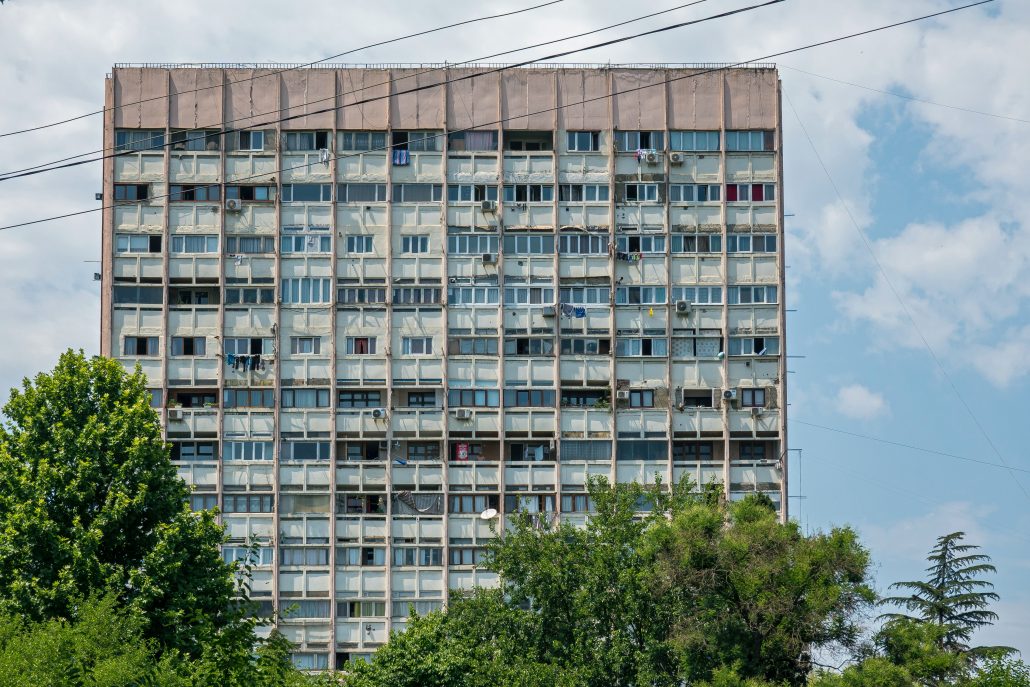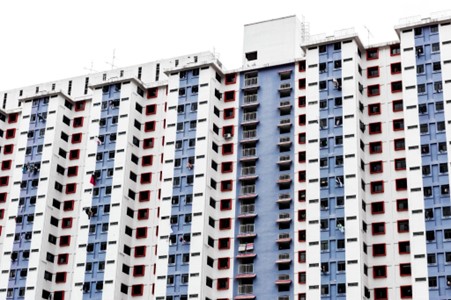
There were many articles about on the en bloc fever in Singapore before. However, this phenomenon died down during the pandemic years due to fear and uncertainty in the market. As we see the en bloc market starting to pick up pace again, is there hope for an en bloc fever to recommence?
Read on as we share more about the en bloc market trends.
What is En Bloc?
En bloc, also known as collective sale, is the sale of property units to a single developer or consortium. After the sale, the building will be demolished before being rebuilt. The proceeds from the sale are then divided amongst all the unit owners.
So, is en bloc in Singapore good or bad? Well, it really depends on individual homeowners. Some dread it as the home may be filled with good memories. While others celebrate it as they see it as a chance to earn a profit, especially if it was purchased at a low price.
What are the chances of my property undergoing an en bloc?
In general, the older the building, the more likely are your chances for the property to undergo a collective sale. This is largely because older buildings tend to face more wear and tear, causing maintenance and repair prices to soar.

1. Underutilised Gross Plot Ratio
The Gross Plot Ratio (GPR) is what determines the intensity of a land that can be used for developments. If you are unsure about the GPR of your development, it can be found in URA’s Master Plan. Developers are more willing to buy an en bloc land and rebuild the development if there is an underutilised plot ratio. An underutilised plot ratio means that developers can reap the profits of building a better utilised development with more units available. So, if you are living in a development with a lot of common areas and an underutilised GPR, congratulations to you! There is a higher chance of your development undergoing an en bloc.
2. Age of building
Governed by the Land Titles (Strata) Act, en bloc sales are successful only through a majority consent. The percentage for it to be considered a majority differs according to the age of the building.
For developments less than 10 years old, a majority refers to at least 90% by share value and strata area. Whereas for developments more than 10 years old, they have a lower threshold at 80%. Though the 10% difference seems like a small number, it could play a huge part in deciding whether or not the development undergoes a collective sale.
3. Willingness of owners
The willingness of owners is an obvious factor. In fact, it maybe one of the most importantance, when it comes to whether or not a development is successful in its en bloc sale. Owners will definitely be more keen on selling their developments when they are older. As compared to when they are new, due to the rising maintenance and repair costs as a building starts to get older. So, it is natural for an older building to successfully reach collective sale than a younger one.
Of course, some buildings (especially those with historical or architectural significance) are less likely to undergo en bloc. So, if you’re living in one of these buildings, unfortunately, the chances for you are very low. People’s Park Complex is an instance.
Needless to say, not all hope is lost for you. Golden Mile Complex built in 1973 is a prominent example of this. Even if you haven’t been there, I’m sure you know how it looks due to its signature step-terrace facade. The complex was gazetted as a conserved building in 2021, due to its significance as one of the first high-rise mixed-use developments in Singapore. It underwent 2 failed en bloc sales in 2006 and 2019 respectively before finally achieving collective sale in 2022. The lesser known shopping mall Peace Centre and residential complex Peace Mansion also went through 4 failed en bloc sales before finally being sold on its fifth try in 2021.
Did you know that en bloc sales do not only apply to private property? HDBs undergo en blocs too!

Under the Selective En bloc Redevelopment Scheme (SERS) by HDB, SERS was created to renew older housing estates. If your current HDB block is chosen to undergo SERS, HDB will provide you with a new 99-year lease flat near your old HDB block. You’ll be able to live close to your neighbours too! Aside from that, if you are a SERS resident, you will also be given compensation and rehousing benefit packages.
According to HDB, the process of the SERS project goes like this. Firstly, at the point of SERS announcement, the new flats at the new location will be sold at subsidised prices. They will not be subject to market movements, to ensure certainty amongst SERS flat owners. After which, SERS flat owners will be given priority to choose and register their flats. Thereafter, the remaining flats are sold to the public through a Sale of Balance Flats (SBF) exercise or open booking.
Since 1995, there have been numerous SERS projects. Some completed ones blocks 562 to 565 Ang Mo Kio Avenue 3. These residents will be moved to the nearby Ang Mo Kio Drive, where there will be 1,065 new flats.
There are various rehousing options available for you if you are not interested in the new precinct.
- You can use your SERS rehousing benefits to apply for a house elsewhere under the Build-To-Order (BTO) or Sale of Balance Flats (SBF) exercise, where there is a 10% priority allocation, or open building. Do note that this excludes Prime Location Public Housing flats and Community Care Apartments.
- Sell your SERS flat in the open market. You are likely to be able to command a premium over the market value, especially as you can reap the SERS rehousing benefits. If you are not keen on this, you can transfer the flat with rehousing benefits. (Take note that there is a 1-month freeze on resale or transfer of SERS flats following the announcement to give owners more time to decide.
- Receive an ex-gratia payment of $30,000 plus SERS grant if eligible, on top of SERS compensation instead of the SERS rehousing benefits.
Now that you have read this article, I’m sure that you know a little more about en bloc and SERS in Singapore. If you are planning to purchase an en bloc property, hopefully you now know about how to increase your en bloc chances by choosing the right property.
Want to find the best mortgage rate in town? Check out our free comparison service to learn more!
Read more of our posts below!

